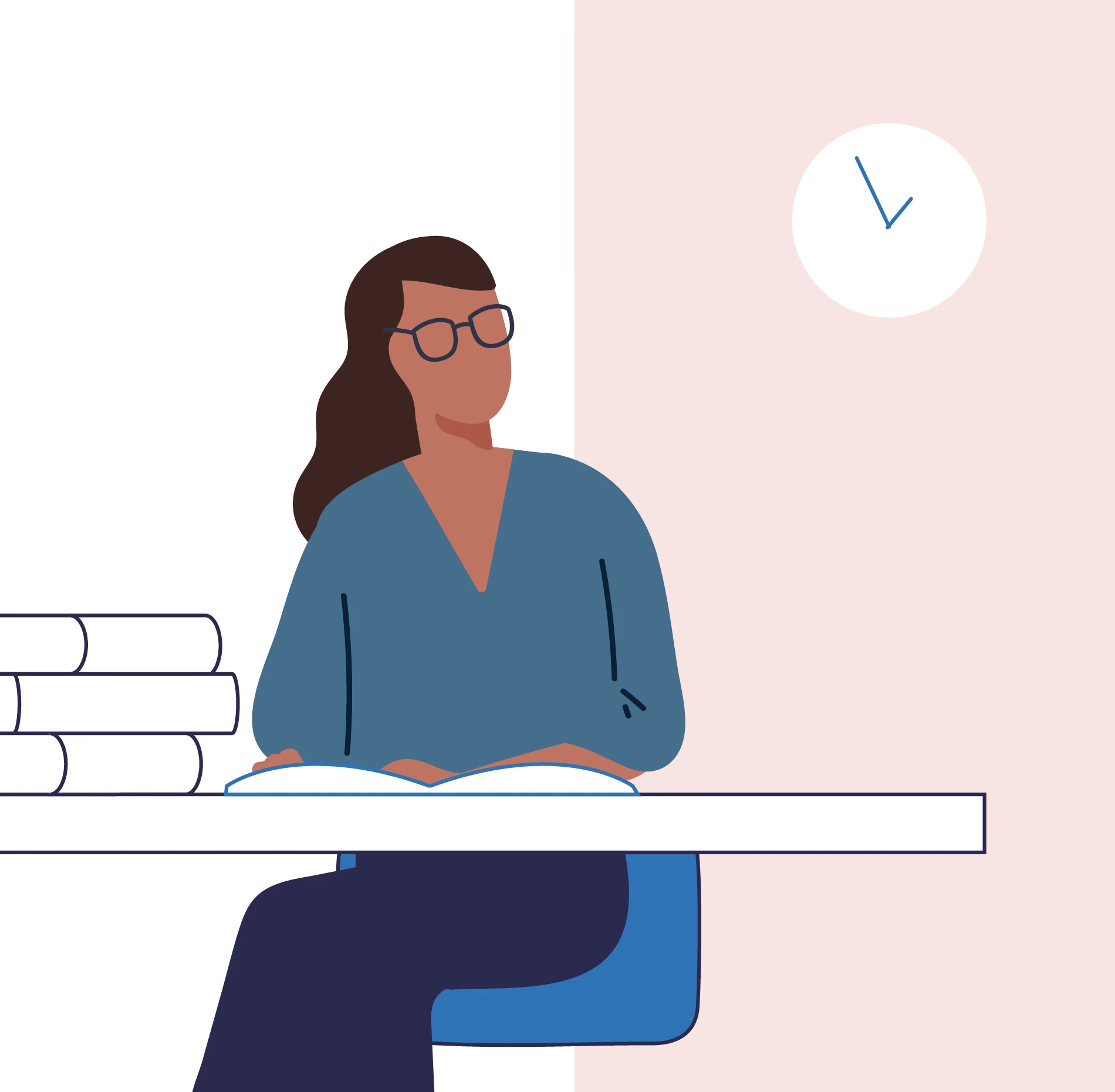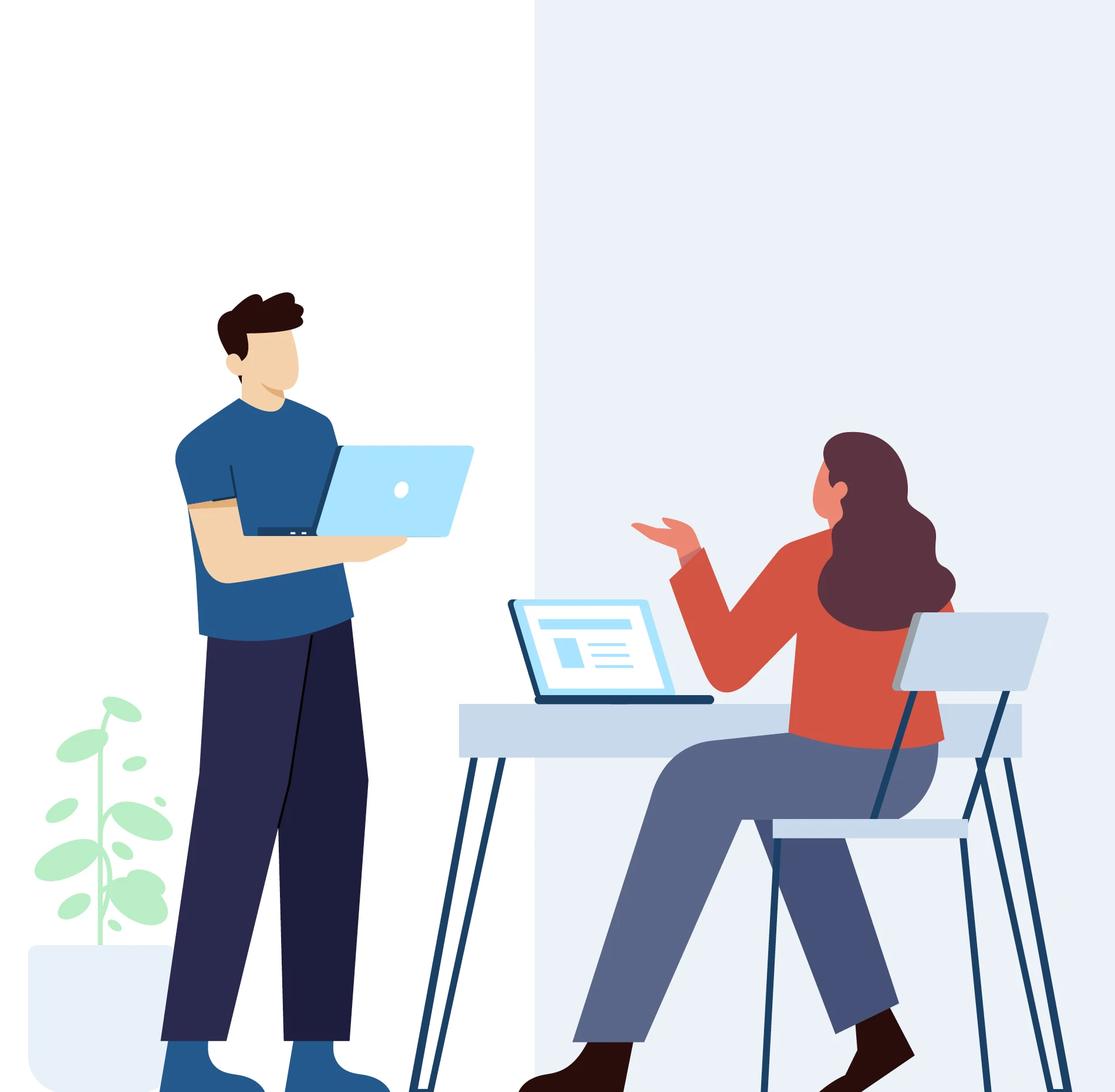
Frequently asked questions for universities (UNL)
Scope of the agreement
You may offer the content to all students enrolled in your course(s) at your university, provided that your institution is affiliated with UNL.
It is essential that the work is used for educational purposes, meaning it is offered to students. The Easy Access agreement 2023 (for Dutch universities) does not grant permission for further use (e.g. publishing, reproducing) in contexts other than education.
Universities affiliated with UNL participate in the Easy Access agreement 2023 (for Dutch universities). UNL represents 14 publicly funded universities, including their medical faculties:
- Erasmus University Rotterdam
- Maastricht University
- Open University
- Radboud University
- University of Groningen
- Delft University of Technology
- Eindhoven University of Technology
- Tilburg University
- Leiden University
- University of Twente
- Utrecht University
- University of Amsterdam
- Vrije Universiteit Amsterdam
- Wageningen University
Note: This agreement only applies to regular education. Universities with a commercial purpose are excluded. Commercial programmes associated with the above institutions are not covered by this agreement.
If your university is not affiliated with UNL, then it does not participate in the Easy Access agreement 2023 (for Dutch universities). Please check with your copyright information point (AIP) to see if your institution has entered into (another) settlement or agreement with the Stichting UvO.
The amount of the fee (individual 'settlement amount') depends on the number of students at your university. Larger educational institutions therefore pay more than smaller institutions. The number of students is likely a good indicator of the level of 'reuse'.
The Easy Access agreements for universities of applied sciences (UASs) and universities are largely the same, but there are some key differences:
- Number of pages: UASs may reuse up to 50 pages or 25% of a work. For universities, the limit is 40 pages or 20% of a work.
- Number of images: UASs may use up to 50 images in (PowerPoint) presentations. For universities, there is no limit on the number of images.
- Reporting: UASs must submit their annual 50+ report by April 1st. Universities must submit their annual 40+ report by June 1st.
- Working group: A working group has been established for UASs through the copyright information points network (NAI-hbo).
Possibilities and conditions
You can reuse up to 40 pages from a work, provided that this does not exceed 20% of the total work.
For example: From a 200-page book, you can reuse 40 pages (20%) and provide them to your students. This 'reuse' has been pre-paid by your university.
There is no maximum limit on the number of images you can use in your teaching. However, you should not exceed 40 pages. Additionally, there are two conditions:
- A maximum of 25 images from one work (e.g., a book);
- A maximum of 10 images by the same creator.
There is no maximum limit on the number of images you can use in your teaching. However, you should not exceed 40 pages. Additionally, there are two conditions:
- A maximum of 25 images from one work (e.g., a book);
- A maximum of 10 images by the same creator.
Yes, the same conditions apply. How the material is made available is not important. Whether through printed readers or electronic learning environments (Blackboard, Canvas, Brightspace, etc.), both are allowed.
Annual 40+ Report
Initially, the annual 40+ report covers the previous academic year (from September 1 to August 31). If this is not feasible, please contact Stichting UvO.
No, there is no specific format that the reports must adhere to. An Excel file is generally the most practical solution. A sample Excel spreadsheet can be found on the Downloads for Universities page.
Probably yes. With SURF's CopyrightCheck, learning materials offered to students in the digital learning environment (LMS) are analysed. These materials are automatically classified as copyrighted, open access, or own work. Additionally, it can filter for longer acquisitions of 40 pages or more. For both higher vocational education (HBO) and universities (WO), CopyrightCheck is included in the basic infrastructure fee.
For more information about the CopyrightCheck tool, please visit SURF's website.
In principle, no. The purpose of the annual reports is to reduce infringements, not necessarily to invoice them. The annual report should be an opportunity for universities to assess how they can obtain permission for the work that has been used and how a reasonable fee can be paid for it.
However, Stichting UvO reserves the right to invoice infringements if necessary, as reuse of copyrighted material does require payment.
If a university does not fulfill the reporting obligations (completely and/or on time), UNL will address the issue with the university. There will be administrative discussions between UNL and UvO regarding the consequences for the negligent university.
If necessary, UvO can also assist you in preparing the report. Please contact us in advance.
Obtain Permission
Do you want to reuse more than 40 pages or more than 20% of a work? This falls outside the Easy Access scheme 2023 (higher education). Therefore, you need to request permission from the rights holder. This can be easily done through the UvO web portal. You will either receive immediate permission, or UvO will facilitate the request for you.
-
UvO determines how permission should be obtained based on the exact scope of use. We use three categories:
- 20% to ⅓ of the work: You will receive immediate permission via the portal.
- ⅓ to 50%: UvO will mediate for you with the publisher. An exception applies to out-of-print books: this can often be arranged directly through the portal.
- 50% or more: UvO will facilitate the request on your behalf.
It can be either.
Via the publisher: You can directly approach a publisher to request permission. Don’t forget to ask if you need to pay a fee.
Via UvO: You can also submit a permission request through the UvO web portal. This is especially useful if you are using content from many different publishers. You can request and settle everything in one go.
Always ensure you obtain permission in advance for the use of copyrighted work.
No, unfortunately not. A verbal agreement cannot be verified by UvO. If the publisher has granted permission for the use of a longer publication in your teaching, ask for a written confirmation. A (copy of a) short email is sufficient. Be sure to clearly indicate whether the reuse is free of charge or subject to a fee.

More information?
See our frequently asked questions for universities.